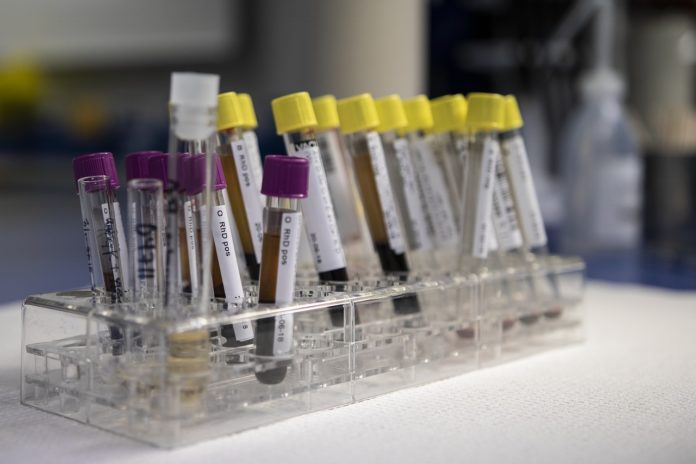Blood test for specific metabolites detect early changes in blood flow to diagnose blocked coronary arteries
A new pilot study suggests that in the near future, a blood test could show whether arteries carrying blood to the heart are narrow or blocked, a risk factor for heart disease.
Results of the study were published in the journal PLOS ONE.
This study included 40 patients who had gone to the emergency department with symptoms of coronary disease, such as chest, jaw and shoulder pain.
The study found that all patients who underwent a treadmill stress test and showed signs of decreased blood flow to the heart also had changes in five metabolites in their blood within two hours.
ACUTE CHANGES IN THESE FATTY ACID AND AMINO ACID METABOLITES, WHICH ARE ENERGY SOURCES FOR CELLS, COULD BE AN EARLY BIOLOGICAL INDICATOR OF RESTRICTED BLOOD FLOW
The researchers hope a larger study could confirm that acute changes in these fatty acid and amino acid metabolites, which are energy sources for cells, could be an early biological indicator of restricted blood flow. This could complement or even replace current tests.
“Cardiologists do a stress test to determine who’s at risk for having heart disease,” said Alexander T. Limkakeng Jr., M.D., lead author of the study and an associate professor of emergency medicine at Duke. “It guides them on whether they need a more invasive study like a catheterization. Augmenting the imaging of a stress test with metabolite biomarkers could make that process more accurate or more efficient.”
Previous research has suggested that metabolites could indicate heart disease, but scientists have yet to uncover the specific metabolomic signature to look for. For the Duke study, scientists evaluated the presence of more than 60 chemicals or compounds in the blood to identify the five specific metabolites that appeared to change in patients with abnormal cardiac stress tests.
The researchers hope to begin a larger study to further test this approach to detecting coronary artery disease, they said.


